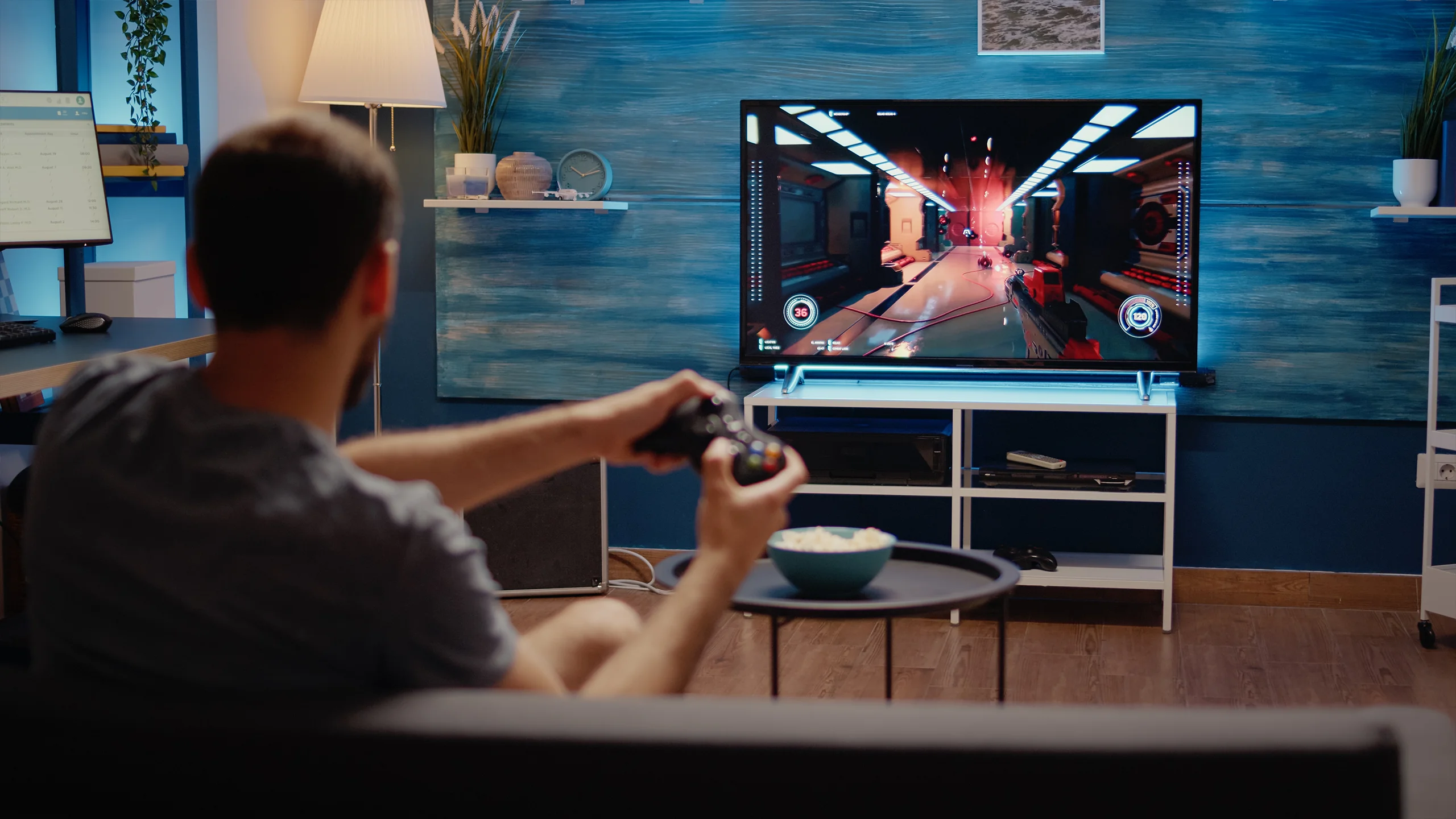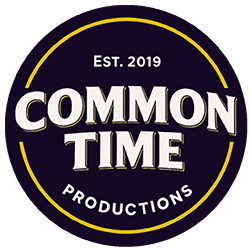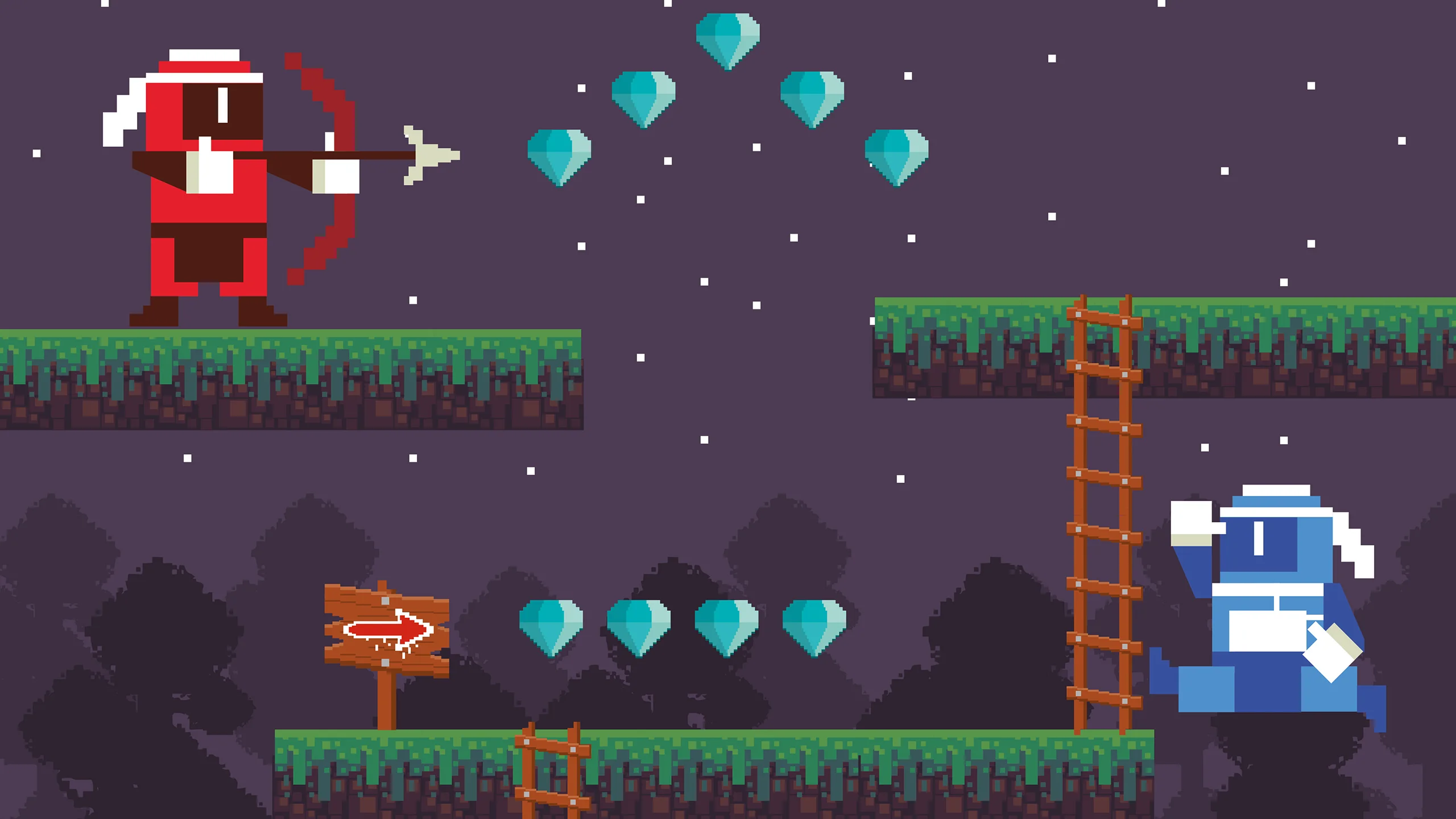Music has always been an essential part of storytelling, and in recent years, video games have become a dynamic medium where music plays a critical role. Whether you’re fighting through a fantasy world or solving intricate puzzles, the soundtrack shapes the player’s emotional experience. Scoring music for video games presents unique challenges and opportunities, from enhancing immersion to driving engagement. In this blog, we’ll explore how music elevates video games and what it takes to craft the perfect soundtrack.
The Role of Music in Gaming

Video games are one of the most interactive storytelling platforms, and music is key to creating an immersive atmosphere. Unlike in films, where the score is typically linear, video game music often needs to be dynamic, responding to the player’s actions and changes within the game world. From subtle background tracks that set the mood to epic soundscapes that accompany battles, the right music can elevate the gaming experience by conveying emotion, tension, and excitement.
Crafting Dynamic and Adaptive Soundtracks
One of the main challenges in scoring for video games is designing adaptive music that reacts in real time to the player’s actions. This technique is known as dynamic scoring and requires composers to write music in layers. Each layer can be activated based on what’s happening in the game. For instance, as a player encounters enemies, additional musical layers might kick in to increase intensity, then fade as the danger passes. This approach makes the game feel more responsive and personal. Within Unreal Engine, this is accomplished with procedurally generated music with Metasounds.
Collaboration Between Game Developers and Composers

Game music creation is a collaborative process between composers and game developers. From the early concept stages, both teams work closely to define the mood and atmosphere for each game level or scene. It’s essential for composers to understand the game’s mechanics and gameplay pacing. Knowing when players will need moments of high energy versus calmer reflection allows the composer to create a balanced and cohesive soundtrack. Additionally, tight integration with game designers ensures the score complements the visual design, level architecture, and story progression.
Key Considerations for Game Scoring
When composing for video games, several key factors must be considered to create an effective and memorable score:
- Genre and Setting: The music must align with the game’s genre. For example, a sci-fi adventure might require futuristic electronic music, while a fantasy game might lean toward orchestral themes.
- Player Agency: Since players control the pacing of a game, composers must create adaptable music that flows seamlessly, regardless of the player’s speed or choices.
- Replayability: Unlike films, games are often played multiple times. Composers must create tracks that remain engaging and not overly repetitive on the player’s second or third playthrough.
- Emotional Connection: The soundtrack should help players form emotional connections with characters and events. Iconic themes, such as the haunting melody of The Last of Us, stay with players long after they’ve completed the game.
Memorable Video Game Soundtracks

Over the years, many video game soundtracks have become as iconic as the games themselves or the films the games are based on. From The Legend of Zelda to Alien Isolation, these scores stand out for their ability to define entire franchises and resonate with players on a deeper level. Iconic composers like Nobuo Uematsu (Final Fantasy) and Jesper Kyd (Assassin’s Creed) have shown how music can become a vital storytelling tool within games.
Conclusion
Scoring music for video games is a complex, collaborative, and creative process that continues to evolve. As technology improves, the possibilities for adaptive and immersive soundtracks expand, offering players an even richer experience. Whether you’re a composer looking to break into the world of game scoring or a developer seeking to enhance your game’s atmosphere, the intersection of music and gaming offers endless potential for innovation.
If you would like to learn more about game development with Unreal Engine, click the link below to be taken to a blog all about that!
Unreal Engine For Beginners: From Idea to Game – CommonTime Productions
About The Author

Mary Nance
Mary is a multi-talented small business entrepreneur and creative artist, specializing in teaching, content creation, and custom songwriting. With a passion for empowering aspiring content creators, she offers lessons in Unreal Engine, music, and other content creation tools through her social media communities of CommonTime Productions.


Leave A Comment